Seminars

Discover, Write and Express : A journey to powerful creative writing
Dr Jem Poster, University of Cambridge
Dr Sarah Burton, University of Cambridge
An expedition into the medieval city centre will help stimulate students to make use of environment imaginatively and create new narratives inspired by real historical people and events. If you like writing, you’ll love this experience; if this is new territory it may prove a revelation!
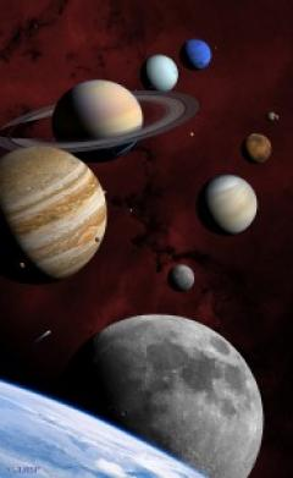
Astronomy and Civilizations: Searching our Origins
A lecture and stargazing event
Dr Eleni Chatzichristou, University Paris-Diderot
Astronomy formed the basis for many cosmological ideas and thoughts, expressed through early science, literature, art and architecture, since the early civilizations up to nowadays. In particular, the past century has been a revolutionary epoch for the sciences of the cosmos, as we were able for the first time to address the fundamental questions of cosmology. We were able to go beyond the apparent and plunge into the deepest realms of the Universe. Astronomy is the archeology of the Universe. During our lectures we will attempt to travel back in time to review the human history which is inextricably linked to the history of the cosmos. We will then attempt to establish our own personal link to the sky, through a stargazing event.
This session features a stargazing event, where students will be taken to the observatory to observe the sky and stars at night.
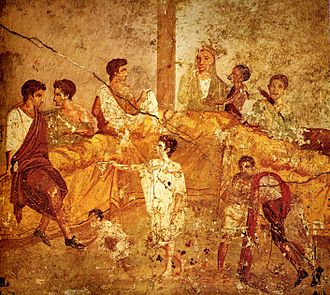
Language and Cultural interaction in ancient Mediterranean: Did the ancient Greeks speak foreign languages?
Dr Spyros Syropoulos, University of Aegean
The present lecture aims to: a) Explain the geographical particularities of the Mediterranean and associate them with the expansion of the Greeks in the Mediterranean, especially through colonization between 750-550 B.C; b) Explain the interaction of the Greeks with other cultures and the linguistic abilities of the Greeks to understand or learn foreign languages; c) Explain the nature of “Ancient Greek Language”, the plurality of dialects within this language, the evolution of the language and the relation of Greeks with the language of their ancestors and particular areas or spoken language (i.e. ancient Greek theater); d) Address the issue of language today. The position of Greek language within Greece, within Europe and within a globalized concept of language which is determined by technology and the globalization of social media.
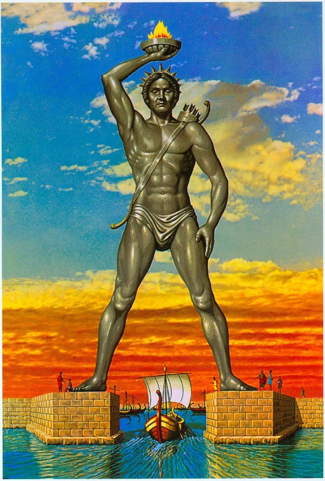
Rhodes of the Bronze Sun
Dr Spyros Syropoulos, University of Aegean
As it will be evident, reasons far more important than impression, made the construction of the Colossus of Rhodes vital for the faltering economy of the island and helped reinforce its status and economic growth during the Hellenistic period.
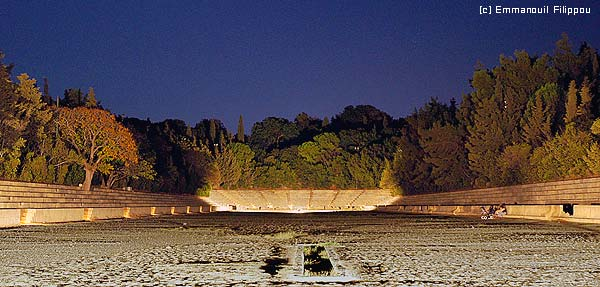
Rivival of History and Myths at the ancient stadium and temple of Apollo
Dr Spyros Syropoulos, University of Aegean
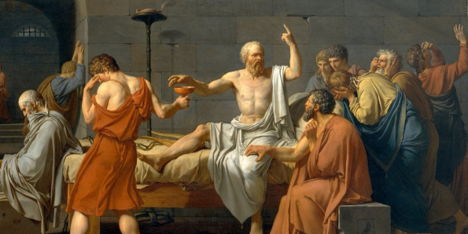
Greek Philosophy and Ethics
Mr Manos Hatzimalonas, Boston College
Through ordinary language, logic, thought experiments and interactive exercises, lessons on Greek Philosophy and Ethics will explore the ideas and great conversations that gave rise to the Western Civilisation.
Coupled with the process of thinking, philosophical concepts and related historical events will be approached from an experiential basis, thus offering students a relevant, comprehensive and memorable lesson. Indicatively, elements include ideas that relate to self-care, well-being, meaning of life, excellence, success, friendship and citizenship.
The overarching purpose of teaching lessons through Greek Philosophy is to arm students with timeless practical wisdom against the challenges faced by youth in most modern societies. Therefore, content will be departing from facts and concepts, involving more narrative and interactive activities with an aim to stimulate philosophizing, controversy and dialogue on the big ideas that have shaped and continue to shape ourselves and the world.
